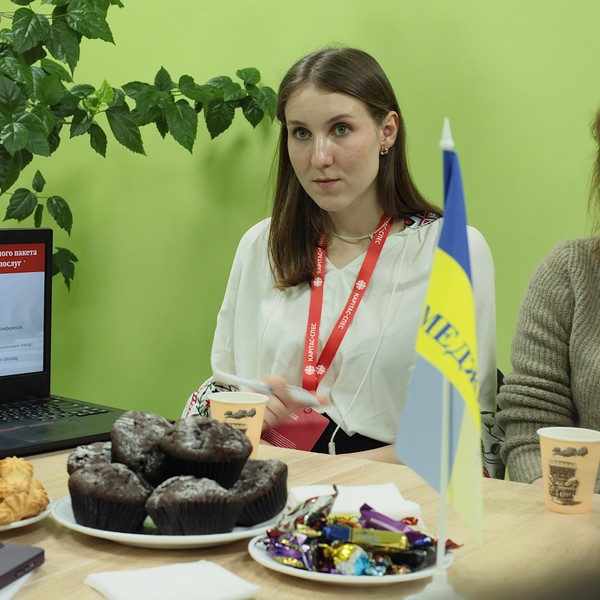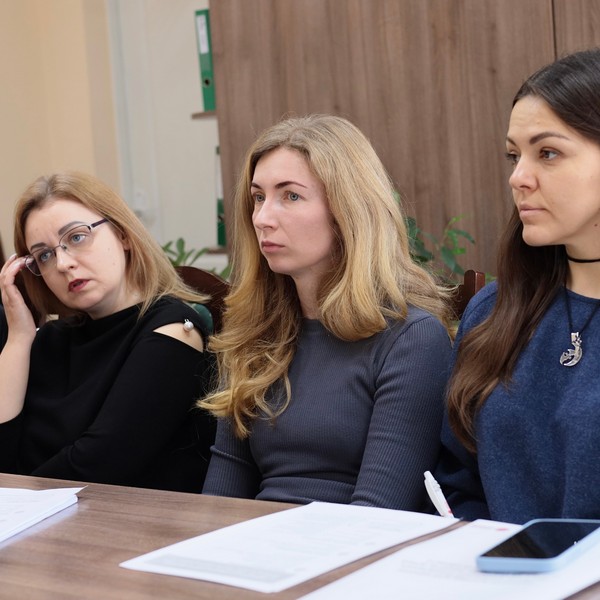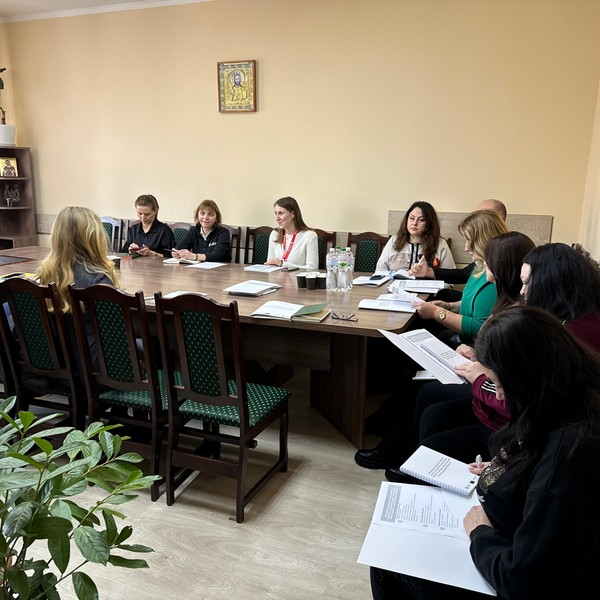Supporting Better Care Reform: enhancing social and childcare services in Khmelnytskyi region
With the support of partners from the Coordination Center for the Development of Family Education and Child Care, UNICEF and co-founded by the European Union
Geography of the project: Kamianets-Podilskyi, Humenetskyi, Horodotskyi, Medzhybizhskyi, Netishynskyi communities of Khmelnytska oblast
Project period: January 2025 - January 2026
GOALS OF THE PROJECT:
To increase the quality, availability and sustainability of the minimum package of integrated social services in the Khmelnytska oblast in order to further develop the standards of these services at the state level.
To support the development of family forms of upbringing as a priority alternative to institutional care.
To promote the return, reintegration and social adaptation of forcibly displaced, deported and evacuated children.
PURPOSE
Strengthening the child protection system, ensuring the right of every child to grow up in a family environment in the pilot communities of the Khmelnytska oblast and the region as a whole.
TARGET GROUPS
Families with children, parents-educators, guardians, custodians, employees of local government bodies, employees of children's services, specialists of enterprises, institutions, institutions that provide social services in territorial communities, representatives of public and religious organizations, representatives of the media, trainers for training candidates for family forms of upbringing.
PROJECT BENEFICIARIES
- children who are in difficult life circumstances;
- children who are at risk of separation from their family due to the low ability of their parents (other legal representatives) to provide a safe and developmentally appropriate environment for various reasons;
- children with disabilities, children with special educational needs who are at risk of separation from their family due to (medical, rehabilitation, social) reasons;
- early childhood children (from birth to 3 years old inclusive) who have developmental disorders;
- children left without parental care, orphans, children deprived of parental care;
- children receiving institutional care and upbringing;
- children and persons under the age of 23 with experience of institutional care and upbringing or staying in family forms of upbringing;
- children evacuated from residential institutions in the Khmelnytskyi region to the Republic of Poland.
MAIN TASKS
Supporting families through the development of social services and improving the work of specialists in five territorial communities by:
- conducting an analysis of the needs and institutional capacity of pilot communities;
- logistical and human resources strengthening of communities;
- creating spaces for the provision of social services;
- improving the professional competence and supervision of social service providers;
- expert support of communities;
- conducting an information campaign to popularize social services;
- introducing a minimum package of services in pilot communities;
- assisting in the digitalization of social services in the region.
Creating new and strengthening existing family forms of alternative upbringing as a priority alternative to institutional care by:
- planning and supporting regional and local campaigns to involve people in creating various forms of family upbringing (recruitment, popularization of alternative care);
- strengthening the capacity of specialists in children's services and social service providers;
- supporting forms of family upbringing (legal, psychological, educational, financial assistance) and potential candidates (educational and cognitive activities, mutual support groups);
- logistical and methodological support for training candidates for foster parents and foster parents.
To promote the return, reintegration, and social adaptation of forcibly evacuated children from institutionalization facilities in Khmelnytskyi Oblast by:
- training and supervision of specialists in the return of children;
- material, technical, and human resources reinforcement of the Children's Service;
- providing case management and a support package for children who have returned to Khmelnytska Oblast;
- increasing the number of newly created family forms of upbringing for the placement of children who have been deported, and supporting existing ones.






